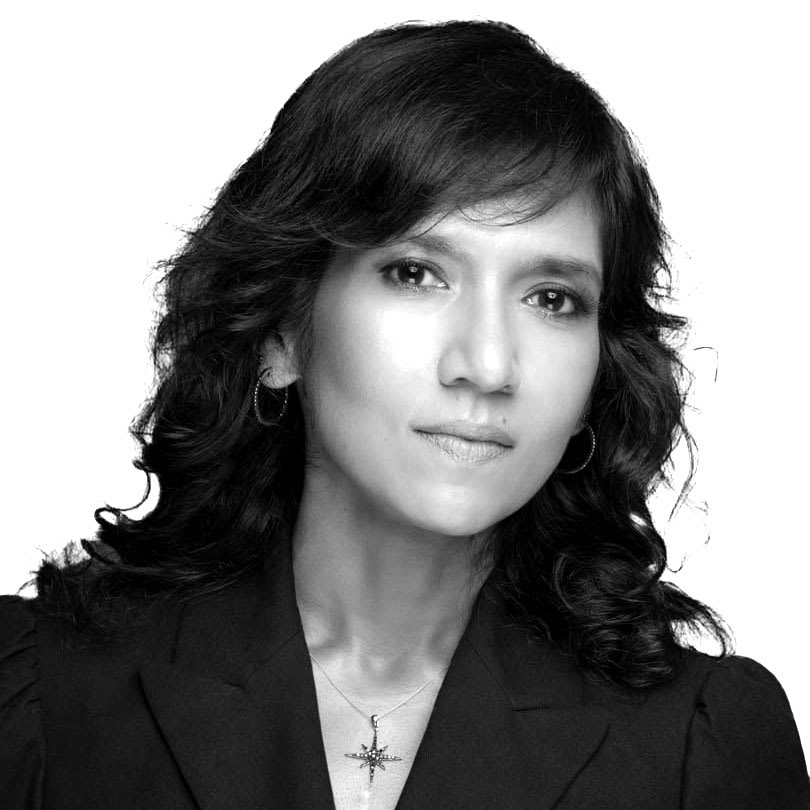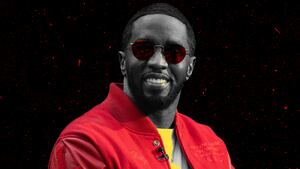We have reached the stage of #MeToo ennui.
Recently released video evidence of Sean “Diddy” Combs brutally assaulting his then-partner Cassie Ventura in a hotel hallway has led some former allies to condemn him, and his music has been removed from Peloton’s workout platform. But he’s still got the honorary degrees and keys to cities he’s been awarded—although there’s been talk of revoking some of them, it hasn’t happened yet.
By contrast, new allegations published in The Guardian against David Copperfield over alleged sexual misconduct and his affiliation with the late convicted sex offender Jeffrey Epstein have been met with little outrage.
In 2018, allegations like the ones faced by Copperfield were met with summary dismissals, swift dissociations, and in rare cases, criminal charges. Today, it’s a lot harder to get anyone to care.
Throughout my career, I’ve worked to champion the rights and safety of women and girls. In a 2018 New Yorker article by Jane Mayer and Ronan Farrow of The New Yorker, I came forward about the intimate violence I myself experienced at the hands of the former attorney general of New York State, Eric Schneiderman. Soon thereafter, Schneiderman resigned and was replaced by New York state’s first female attorney general, Letitia James.
And yet, if my story had occurred today, I wonder what the outcomes would have been.
I went public in large part to prevent my abuser from hurting other women. But today, would it be worth it to share my story? Would anyone care? I feel the tug of a new double bind.
Time’s Up has come and gone, and turns out time wasn’t up at all.
On the one hand, men who were toppled for causing insidious harm have been roaring back to public life. Charlie Rose has been busily releasing video interviews on his website—including with Thomas Friedman, Bret Stephens, and former U.S. Sen. Bill Bradley. Louis C.K. has been filling comedy clubs. Jeffrey Toobin, with all solemnity, has been on CNN narrating Trump’s trial for falsifying business records over a hush money payment to a porn star, Stormy Daniels.
Although Harvey Weinstein hasn’t exactly bounced back, his conviction for rape in New York was overturned in April over a legal technicality. (He still faces prison time in California for a rape conviction there, and may be retried in New York.) But plenty of Weinstein’s enablers in Hollywood and beyond have been doing just fine—largely untainted by the horrors to which they turned a blind eye.
On the other hand, women leaders are being canceled for supposed professional errors that a man would likely survive.
Take, for example, the multiple female university presidents who have recently been forced to resign over campus protest controversies. They fumbled under the pressure of intense and, in some instances, well-funded scrutiny. In the entertainment and publishing industries, restructuring and cost-cutting measures have resulted in the dismissal of female executives. On May 20, Penguin Random House announced the departure of two female publishers, Reagan Arthur and Lisa Lucas. Lucas posted that she had “some regrets about spending the weekend working.”
There was a time when deposing men and replacing them with women was a priority, and when women wouldn’t be so easily dispensed with because of contractions in an industry. This time was defined by #MeToo dovetailing with Time’s Up, and then hitting new levels after the police murder of George Floyd. These multiple pressure points sparked a surge in diversity efforts that centered women and people of color. Then came the backlash and a tsunami of conditions that prevent women from succeeding.
Again, I feel the tug of a new double bind.
There was a time not long ago when women wouldn’t speak out about the abuse they suffered, and they had no hope of rising to the top of their careers. Now they do both, but at great peril. That is the new double bind. With the increasing attacks on DEI (Diversity, Equity, and Inclusion), reproductive justice, critical thinking, gender expansiveness, and any lane towards progress, the peril is intensely multiplied.
Backlashes beget backlashes. And the chaos can cause whiplashes. In the noise of the current backlash, I fear holding offenders accountable will only grow harder.
Six years ago, I felt I had no choice but to come forward. When I discovered my abuser had other victims before me, I had to do something to stop him. The climate was such that multiple outlets wanted to investigate my story.
Today, I would still have wanted to stop my abuser from harming women after he harmed me. But would anyone have wanted to cover it?









